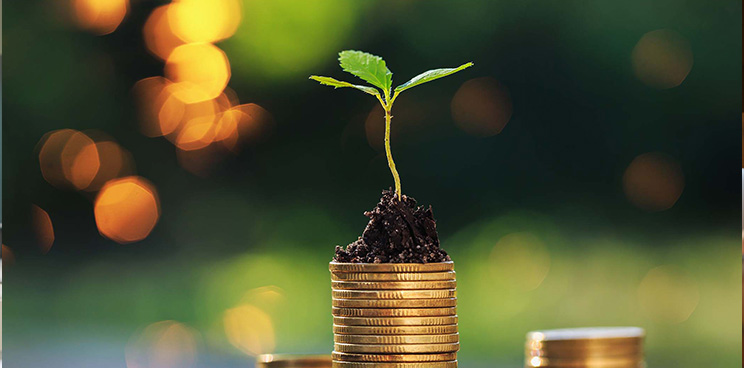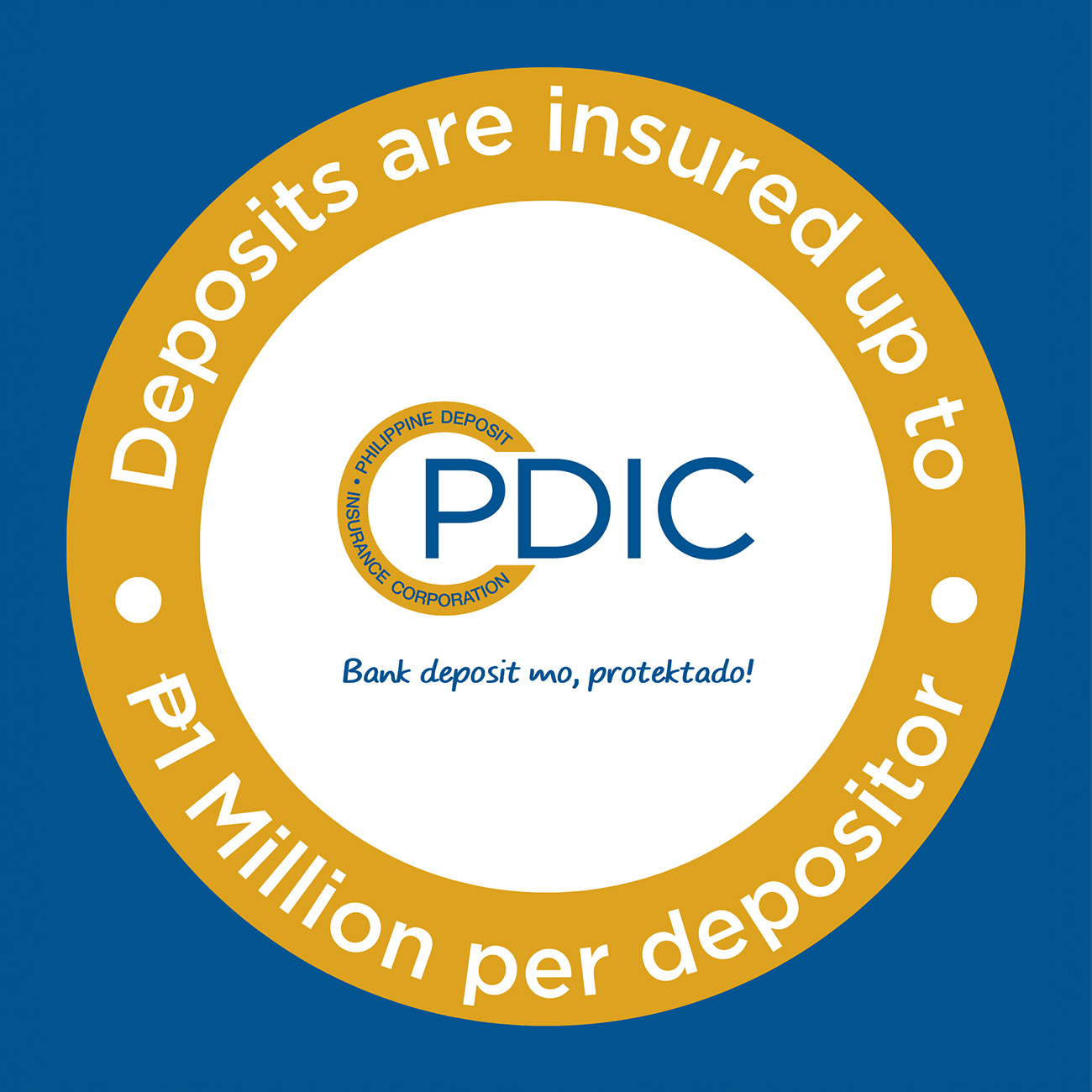Environmental sustainability is essential for preserving our planet's natural resources and ensuring a healthy future for all. It involves practices that conserve ecosystems while promoting human well-being.
In the Philippines, a country rich in biodiversity and natural resources, the concept of environmental sustainability is especially critical.
From our lush rainforests to our thriving marine ecosystems, the country is home to countless species and communities whose livelihoods depend on sustainable environmental practices.
Environmental sustainability refers to practices that prioritize the conservation and responsible use of natural resources. It involves minimizing environmental degradation while fostering ecological balance and biodiversity.
Whether through renewable energy adoption, sustainable agriculture, or eco-friendly urban planning, environmental sustainability aims to create systems that support both human well-being and the environment.
Importance of Environmental Sustainability
Why should we care about environmental sustainability? Here are key reasons:
Protecting Natural Resources
Natural resources like clean air, water, and fertile soil are finite. Unsustainable practices, such as deforestation and overfishing, threaten these resources and the ecosystems they support. By prioritizing environmental sustainability, we can protect these essentials for future generations.
Mitigating Climate Change
Climate change remains one of the greatest challenges of our time. Sustainable practices—such as reducing greenhouse gas emissions, transitioning to renewable energy, and promoting reforestation—can help mitigate its impact.
The Philippines, often hit by typhoons and rising sea levels, stands to benefit immensely from climate-resilient strategies.
Preserving Biodiversity
Biodiversity supports ecosystems that provide us with clean air, food, and water. However, habitat destruction and pollution are driving many species to extinction. Through initiatives like sustainable banking in the Philippines, we can fund projects that prioritize the preservation of wildlife and their habitats.
Supporting Economic Stability
Environmental sustainability is not just about protecting nature—it’s also about fostering long-term economic stability. Industries like agriculture, fisheries, and tourism, which are vital to the Philippine economy, rely heavily on healthy ecosystems. Sustainable practices ensure these industries can thrive without depleting resources.
Promoting Health and Well-being
Pollution, deforestation, and other unsustainable practices often result in health hazards. Clean energy, sustainable urban development, and responsible waste management contribute to healthier communities and better living conditions for all.
Environmental Sustainability in the Philippines
The Philippines faces unique environmental challenges, including deforestation, marine pollution, and vulnerability to climate change. However, it also offers immense potential for progress. Here’s how environmental sustainability is taking shape in the country:
Renewable Energy Adoption
As the world transitions away from fossil fuels, the Philippines is making strides in renewable energy. Solar, wind, and geothermal power are becoming integral to the country’s energy landscape, reducing reliance on non-renewable sources.
Conservation Initiatives
Organizations and local communities are working together to preserve critical ecosystems. Efforts like mangrove restoration and coral reef protection are crucial in combating climate change and protecting biodiversity.
Sustainable Urban Development
Green architecture, eco-friendly transportation, and sustainable waste management practices are being adopted in cities to reduce carbon footprints and promote efficient resource use.
Environmental sustainability begins with individual and collective action. Here are steps you can take:
Mitigate Potential Risks
To achieve environmental sustainability, it’s important to assess and mitigate potential risks. Environmental risk assessment involves analyzing activities or projects that may harm ecosystems. By identifying risks early, businesses and communities can implement sustainable practices and minimize environmental damage.
Practice Responsible Consumption
Make informed choices by reducing waste and supporting sustainable products. Look for items with minimal packaging, choose biodegradable materials, and embrace the "reduce, reuse, recycle" mantra.
Supporting local businesses helps reduce transportation emissions and strengthens your community.
Reduce Energy Use
Conserve energy by switching to energy-efficient appliances and LED lighting. Consider renewable energy sources like solar panels for your home.
Simple habits, such as unplugging devices when not in use and adjusting your thermostat, can lead to significant energy savings.
Advocate for Change
Engage in community efforts to promote environmental sustainability. Participate in local clean-up drives or tree-planting events, and support policies and initiatives aimed at reducing pollution and protecting natural resources.
Educate and Empower Others
Awareness is a powerful tool for driving change. Share knowledge about sustainable practices with family and friends.
Organize discussions or workshops on topics like composting or energy conservation. Use social media to raise awareness about environmental issues and inspire others to adopt sustainable habits.
Lead the Way to Environmental Sustainability
Environmental sustainability is not just an abstract ideal—it is a tangible goal that requires the participation of everyone.
By understanding its importance and adopting sustainable practices, we can protect our planet and ensure a better future for generations to come. Together, we can make a difference and create a legacy of care, responsibility, and resilience for the environment we all share.

Supporting Sustainability: Lessons from NGOs

3 Ways to Educate Yourself on Environmental Issues



